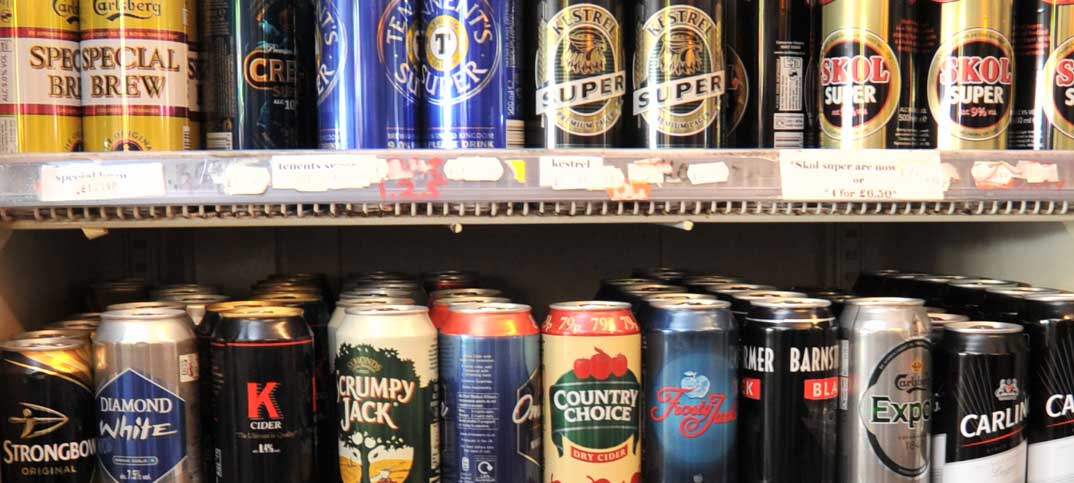Councils are forcing shops to adopt voluntary Reduce the Strength schemes that ban high-strength alcohol by using licence hearings to impose new sales restrictions.
Initiatives such as Reduce the strength, which encourage retailers to stop selling cider and beer over an ABV of 6.5%, in a bid to curb street drinking, have increased in popularity in recent years.
An investigation by Retail Express found that councils including Portsmouth and Plymouth are adding ABV limits to new alcohol licences issued, while Wirral, Richmond and Southampton councils are adding ABV limits at licence reviews brought about due to unrelated breaches.
In one instance, a retailer who’d refused to sign up to a voluntary scheme was brought to a licence review for selling alcohol just below the duty + VAT price. When he refused to accept the voluntary scheme, his licence was revoked.
Former police officer and Licensing Matters director Gill Sherratt told Retail Express: “In 90% of cases there’s no evidence for asking for these conditions, yet they are asking for them en masse.”
Asked what this means for retailers, Sherratt said: “I hate to say it, but if you refuse to join a voluntary ABV scheme, there’s a chance the council will go after you.”
The impact of Reduce the Strength schemes is recognised as being potentially fatal for some stores. In a recent House of Lords report on the Licensing Act, Medway in Kent’s public health department states that sales of over 6.5% ABV are: “vital to their business model”. The statement continues: “It is not unknown for shops to close when they stop selling these products as they cannot make a profit without these sales.”
The use of ABV limits in licensing conditions is itself a breach of central Government guidance. The Local Government Association states: “Reducing the strength conditions on licences should be approached with caution and never as part of a blanket approach.”
In nearly all cases, recommendations for ABV limits in review hearings are made during police representations within the committees. Sherratt added that obscure licence requirements, such as moving alcohol fixtures or fridges in store so they do not match the floorplan attached to the licence, are used to build or bolster cases against retailers in order to secure additional conditions such as ABV limits.
Do it: Read the Retail Express guide to ensuring licensing compliance



Comments
This article doesn't have any comments yet, be the first!